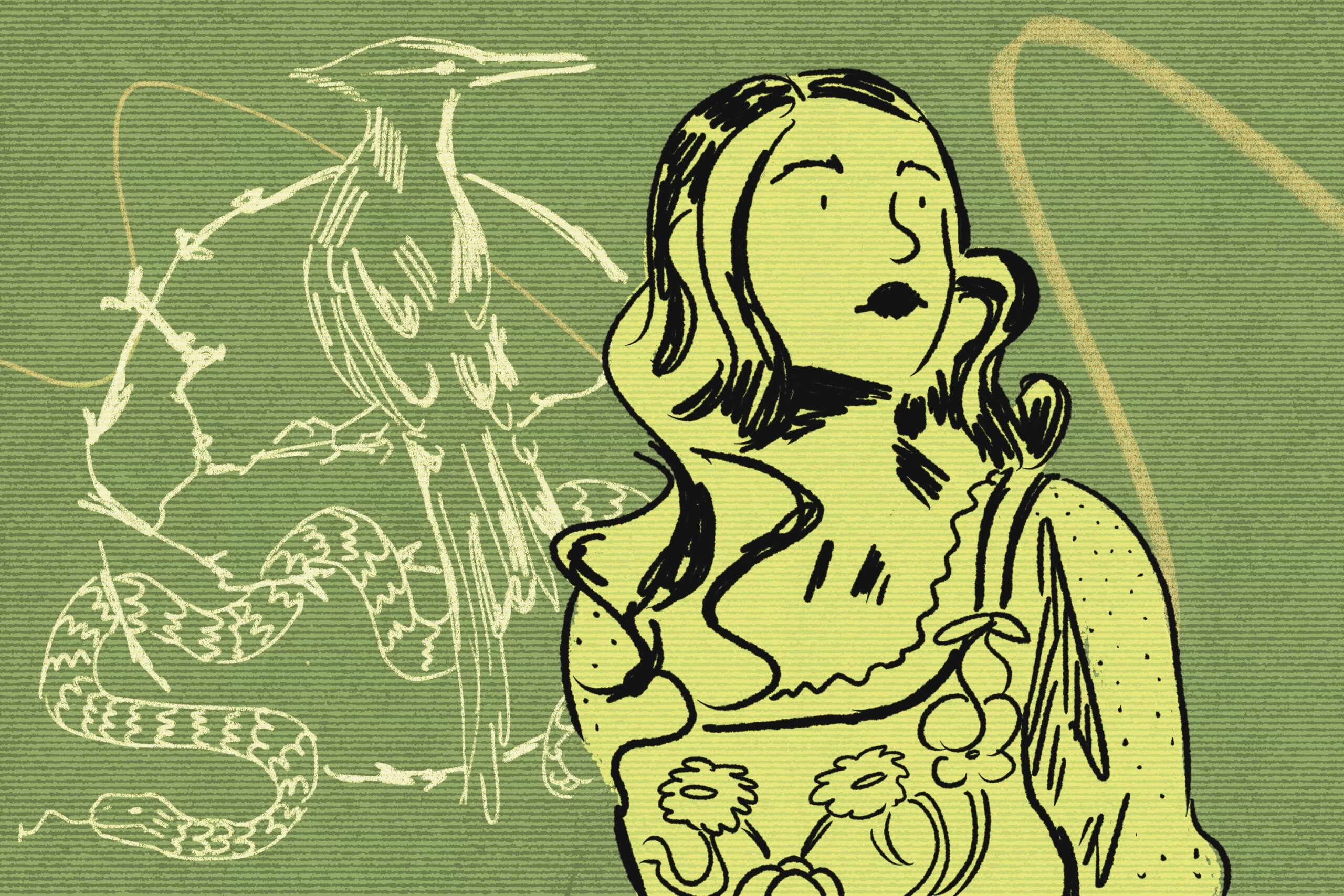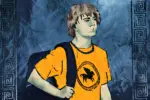This article compares the movie adaptation of “The Ballad of Songbirds and Snakes” to the novel, discussing why the book is better.
“The Hunger Games” franchise has done it again. The movie adaptation of “The Hunger Games: The Ballad of Songbirds and Snakes” premiered on Friday, November 17th, and rocked audiences with a captivating depiction of young Coriolanus Snow, future President of Panem. Viewers saw him embark on a journey of being a mentor for Lucy Gray Baird, the female District 12 tribute in the 10th annual Hunger Games. Running at 2 hours and 38 minutes, it certainly does a great job of attempting to fit as much of the original 517 pages in as it can.
But how well does it actually hold up the integrity of the novel?
Caution: Spoilers ahead.
Overall, the film follows the original plot exceptionally well. The film is segmented into 3 labeled parts, just as the novel does. We see the temptation for Coriolanus to win the Plinth Prize, which is a large sum of money enough to cover the cost of university. Since the Snow family’s financial situation is dire, it’s even more motivation for Coriolanus to win, causing him to go to great lengths to help District 12 tribute, Lucy Gray, prevail. Well, that and the fact that he slowly falls in love with her as their time together progresses.
The film stays consistent with the novel as Snow is forced to become a Peacekeeper when it’s revealed that he cheated to help Lucy Gray win. Who would have thought that sneaking your tribute a compact with the insinuation to fill it with rat poison (or as the film adaptation shows, actually filling it with the lethal toxin) would be prohibited?
From there, the movie significantly trims down the third section of the novel, but it still touches on the theme of deception. Coriolanus stabs his friend Sejanus in the back and makes plans to run away with Lucy Gray only for those to blow up in his face.
Ultimately, Lucy Gray disappears, and Coriolanus is sent back to the capital for being an upstanding citizen of Panem for turning in Sejanus for attempted treason.
Even though the general plot is the same, the movie simply fails to reach the depths that the novel does. You miss out on the minute details that accumulate to build characters so strong that you feel like you’re inside their head. In this case, the immersion into Coriolanus’ head in the novel version of “The Ballad of Songbirds of Snakes” is crucial to understanding his complex personality.
Because we can’t get Snow’s stream of consciousness in the movie as we do in the book, we lose the something-is-slightly-off-about-him effect. The movie makes it ridiculously easy to root for and fall in love with the young President Snow. This is partially due to Tom Blyth’s acting, but it is mostly because of the exclusion of Coriolanus’ controlling thought process. Snow’s intense feelings for Lucy Gray are undeniable in both the novel and the film, but the book shows just how intricate they really are.
In the book, Coriolanus is extremely territorial over Lucy Gray. Even before the games begin in the novel, he calls Lucy Gray “his girl” and recoils when other people use the same phrase. He doesn’t even know Lucy Gray outside of being a tribute before staking his claim on her. Once the games are over and he is in District 12, he begins to think how things were better when she was locked up in the Capitol because at least then he knew where and what she was doing.
His need for control is masked by his desire for love. Even though we see some of his conflicted tendencies in the film, viewers are robbed of experiencing the depth of Coriolanus’s insecure and overbearing thoughts.
One of the scenes that demonstrates this change most dramatically is the last moment he spends with Lucy Gray. The chapter in the novel between him and Lucy Gray is infused with tension, but what makes it deliciously chilling is the slow descent into paranoia weaved into Snow’s internal dialogue. His craving for power and escape back to the life he knows leads him to a battle against himself. He becomes consumed with the idea that Lucy Gray is going to betray him, which sends him spiraling.
The film takes this internal train of thought and turns it into an actual conversation with Lucy Gray, where she admits that she is the only loose end preventing Coriolanus from being fully free of his murders in District 12. This dramatically lessens the impact of his deterioration into madness, and in a way, validates his erratic behavior. It lets viewers sympathize with him rather than criticize him the way that future President Snow deserves to be.
The exclusion of Coryo’s internal thoughts in “The Ballad of Songbirds and Snakes” is far from the only discrepancy in the adaptation.
Another missing element lies in the film’s opening scene. In a flashback to the“Dark Days” Coriolanus and his cousin Tigris witness a man saw off a human leg to bring home to his family to eat. In the novel, Coriolanus knows the daughter of that man and converses with her in the following years. The only thing he can think about during their conversation is the fact that she has consumed human flesh.
In the movie, we witness that sick and horrific act, but it’s never revisited. Perhaps if you only saw the movie then that would be traumatic enough for you, but readers understood the depth of what this scene meant. It shows the extreme measures that people were pushed to, only to go right back to normal afterward. You never know what a person is capable of. Your next-door neighbor could act as a cannibal, and you’re expected to go back to casual conversation, acting as if nothing ever happened.
It’s incredibly difficult for filmmakers to truly capture characterization the way a novel can. In the grand scheme of things, if you’re looking for a way to get the gist of a 500-page novel in less than 3 hours, then watching the movie is a great substitute.
However if you have the time, experiencing a story such as “The Ballad of Songbirds and Snakes” in such an immersive way allows you to connect with the characters and leave with a much greater appreciation for the content.
In simple terms, read the book. It’s always worth it.

















